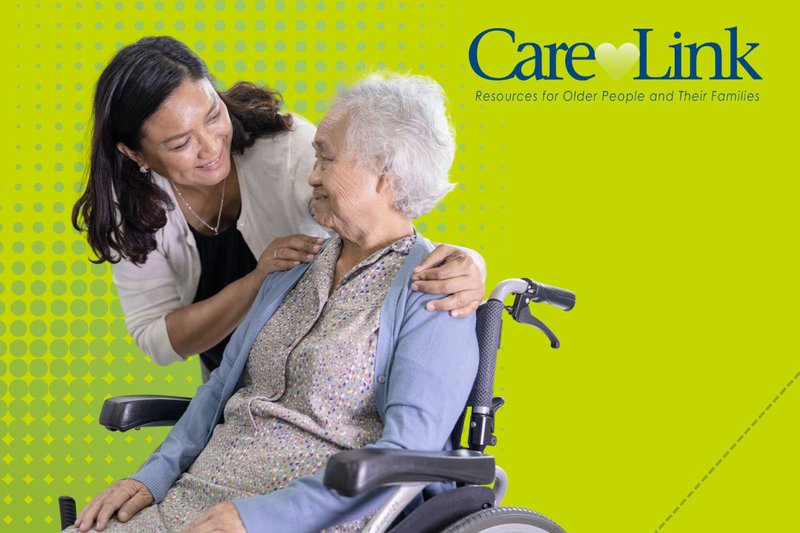Caring for an aging loved one is challenging, and you may be wondering if in-home support for seniors is the right option. Keeping them at home feels familiar and comforting, but is it practical? Will they get the care they need? We’ll break down the benefits, costs, and available services to help you make a well-informed decision that prioritizes their safety, comfort, and your peace of mind.
Key Takeaways:
- Aging in place allows seniors to remain in familiar surroundings, thereby maintaining independence and reducing stress.
- Consequently, quality of life improves with personal routines, meal choices, and flexibility.
- Moreover, the emotional benefits include lower stress levels, memory support for dementia patients, and reduced loneliness.
- Additionally, home care services help with personal care, household tasks, and mobility, allowing seniors to stay independent.
- There are two main types of care: Personal care (daily tasks) and home health care (nursing, therapy).
- Medicare covers short-term skilled care but does not cover long-term personal care. Medicaid may help with both.
- In-home care costs range from $31 to $34 per hour; 24/7 care can exceed $20,000 per month.
- Financial assistance options include Medicaid, veterans’ benefits, long-term care insurance, and charitable programs.
- Caregiver selection should factor in experience, background checks, and compatibility.
- Home modifications such as grab bars, ramps, and proper lighting improve safety.

The Benefits of In-Home Support for Seniors
Aging in place keeps seniors in familiar surroundings, providing comfort and stability. It allows them to stay where they feel safe while avoiding the stress of a major move. Their home holds cherished memories, daily routines, and a sense of independence that is difficult to replace.
Aging in Place and Quality of Life
It allows them to maintain control over their daily lives. Seniors can keep their routines, eat meals they enjoy, and live by their own preferences. Unlike assisted living, there are no rigid schedules or policies. Home care services, such as housekeeping and personal assistance, support seniors in staying active while enjoying their independence.
The Emotional and Psychological Benefits
Remaining at home reduces stress, lowers depression, and provides emotional comfort. Seniors avoid the distress of leaving a home filled with memories. Familiar surroundings also help individuals with dementia stay connected to their environment. At home, they can maintain friendships and social connections, preventing isolation and loneliness.
In-home Support For Seniors and Maintaining Independence
Home care services assist with daily needs without taking away autonomy. Caregivers help with tasks such as laundry, grocery shopping, and hygiene, but seniors maintain control over their decisions. Aging in place solutions also include home updates, like grab bars and ramps, which improve accessibility. With the right support, seniors can remain independent for a longer period.
Aging in place enables seniors to remain in a setting where they feel the happiest while receiving the necessary support to thrive.
Types of In-Home Support for Seniors
In-home senior care services help older adults stay safe and comfortable in familiar surroundings. These services range from basic help with daily activities to advanced medical care. By understanding the available options, families can make informed decisions and select the best care for their loved ones.
The Different Categories of In-Home Senior Care
There are two primary types of in-home care: personal care and home health care.
- Personal care involves assistance with daily tasks such as bathing, dressing, and meal preparation. A caregiver may visit for a few hours a day or offer full-time support.
- Home health care includes skilled nursing and therapy. Nurses manage medications, provide wound care, and monitor health conditions. Therapists assist with mobility, speech, and post-illness recovery.
Other services include companionship care, which focuses on social engagement, and household assistance, which includes cleaning, laundry, and errands.
In-Home Health Care
Most insurance plans, including Medicare, cover certain home health care services. Medicare pays for short-term skilled nursing and therapy if ordered by a doctor. Medicaid may cover both short- and long-term care, depending on eligibility rules in each state.
Personal care and companionship services are usually not covered by Medicare. Families may need to pay out-of-pocket or rely on long-term care insurance.
In-Home Caregivers
Caregiver duties vary based on the senior’s needs. They may assist with:
- Daily living tasks such as dressing, bathing, and using the restroom.
- Meal preparation to support a nutritious diet.
- Medication reminders to ensure prescriptions are taken properly.
- Household chores such as laundry and basic cleaning.
- Mobility support to reduce fall risks.
- Emotional companionship to ease loneliness.
Some caregivers specialize in advanced in-home support for seniors, such as dementia support or post-surgery recovery.
The best care plan depends on the senior’s health, mobility, and preferences. In-home caregivers enable seniors to retain independence while receiving essential support. The National Institute on Aging offers more details on available services.
The Costs of In-Home Support for Seniors
In-home senior care costs depend on location, care requirements, and provider choice. On average, rates range from $31 to $34 per hour. If care is needed for eight hours a day, the monthly cost may exceed $5,000. Services such as skilled nursing tend to be more expensive than basic daily assistance.
For those requiring 24/7 care, costs can surpass $20,000 per month. Hiring independent caregivers may lower expenses, but agencies provide services that include background checks and insurance coverage.
Geographic location affects pricing. High-cost states such as California and New York have steeper rates, while states such as Mississippi offer more affordable options.
Different levels of care also impact pricing. Homemaker services focus on household tasks and companionship, while home health aides assist with personal care and medical needs. Skilled nursing care is the most costly due to its specialized nature.
Planning ahead and comparing providers can help families manage costs effectively.
Financial Assistance Options
Paying for in-home care can be overwhelming, but several financial aid options exist.
Medicare and In-Home Support for Seniors
Medicare pays for short-term home health care when prescribed by a doctor. Covered services include nursing care, physical therapy, and occupational therapy. However, Medicare does not pay for long-term personal care, such as assistance with meals or bathing.
Medicaid Eligibility Requirements
Medicaid helps cover in-home care for low-income seniors. Benefits vary by state but often include both medical and personal care. Some states offer Medicaid Waivers that support in-home care as an alternative to nursing homes. These programs may have waiting lists.
Financial Aid Options
- Veterans Benefits: Programs like Aid & Attendance provide financial help for in-home care.
- Long-Term Care Insurance: Some policies cover home care, depending on the plan’s terms.
- Reverse Mortgages: Homeowners can use equity to pay for care, but this option carries financial risks.
- Local and state programs: Some states provide grants for aging in place.
- Community organizations: Non-profits and religious groups may offer assistance.
Exploring all financial assistance avenues can help ease the cost burden. Local aging resource and service organizations, such as CareLink, guide families through all available financial assistance options and are there to help with applications, eligibility questions, and every step of the process.
Choose a Reliable In-Home Caregiver
Choosing the right caregiver is crucial for ensuring safe and compassionate care. Here are some important factors to consider:
- Experience and training – Do they have proper qualifications?
- Background check – Have they been screened?
- References – Do former employers recommend them?
- Personality fit – Will they connect well with your loved one?
- Affordability – Does their service fit your budget?
By investigating all aspects of a caregiver’s qualifications, you can help ensure a positive home care experience.
Compassionate In-Home Support for Seniors
Aging should never mean losing independence. At CareLink, we provide compassionate in-home support services to help seniors stay safe, comfortable, and happy in their own homes. Whether it's personal care, meal assistance, or help with benefit eligibility and applications, we're here to help. Contact us today to learn more about how we can support your loved one.





